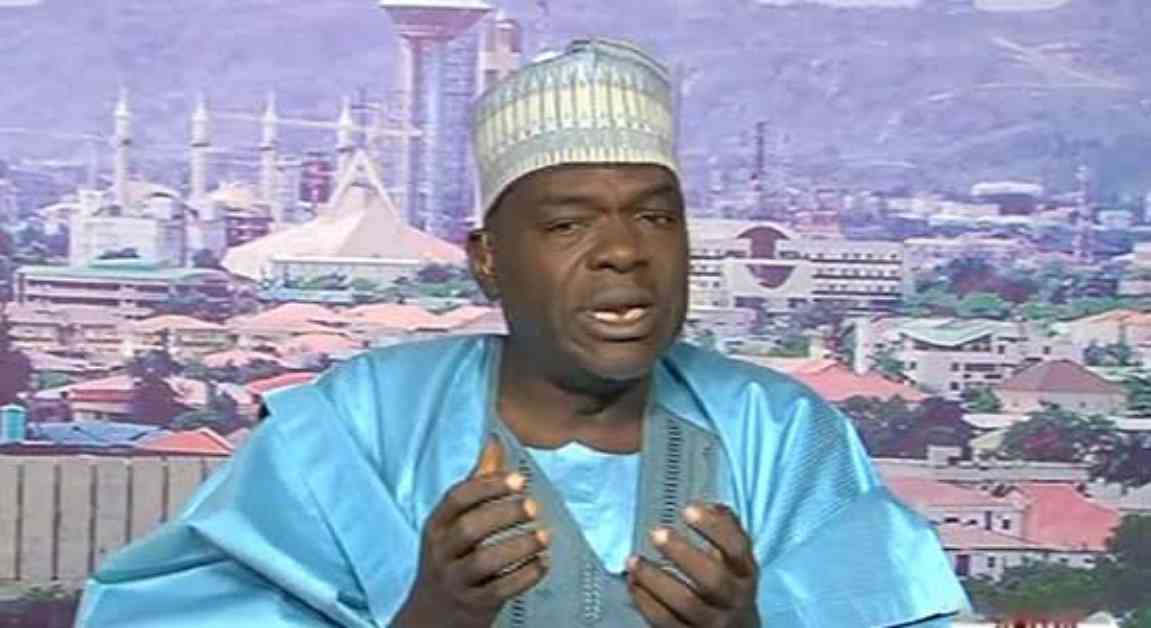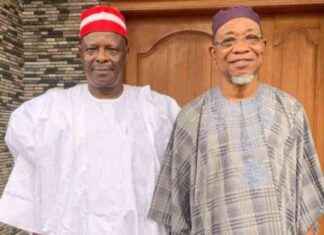**Restoring Confidence in Herders: A Closer Look at MACBAN’s Role**
In a recent interview with Baba Othman Ngelzarma, the national president of the Miyetti Allah Cattle Breeders Association of Nigeria (MACBAN), critical issues surrounding the declining cattle trade between the North and South were brought to light. Ngelzarma highlighted key factors contributing to this downturn and proposed solutions to revive the subsector’s contribution to Nigeria’s economy.
**Insecurity Plagues the Business**
Ngelzarma pointed out that insecurity is a major obstacle facing pastoralists, who are predominantly cattle owners practicing an outdated system of animal husbandry. They often reside in vulnerable areas, making them easy targets for various threats. Cattle rustling, where over four million cattle have been lost, poses a significant challenge. Kidnappings and banditry further exacerbate the situation, with pastoralists being frequent victims.
**Transportation Woes and Economic Recession**
Another critical issue highlighted by Ngelzarma is the poor transportation system for cattle, particularly from the North to the South. High fuel costs, multiple road taxes, and long transit times contribute to the challenges faced by cattle owners. Additionally, the economic recession has worsened the situation, with inflation and currency devaluation impacting the profitability of the cattle trade.
**Migration and Government Intervention**
Ngelzarma revealed that insecurity has forced some herders to migrate abroad, seeking safer environments for themselves and their livestock. However, he expressed optimism regarding the newly established livestock development ministry, seeing it as a beacon of hope for the sector. Ngelzarma emphasized the importance of state governments in the North aligning their efforts with the federal government to address the challenges faced by herders.
**Addressing Immediate Concerns**
Looking ahead, Ngelzarma stressed the need for enhanced security measures to protect livestock producers and foster a conducive business environment. He recommended a non-kinetic approach to complement existing strategies. Data collection and settlement models tailored to the pastoralists’ needs were also highlighted as crucial steps towards sustainable development in the livestock subsector.
In conclusion, Ngelzarma’s insights shed light on the complex issues plaguing the cattle trade industry in Nigeria and the urgent need for comprehensive solutions. With the establishment of the livestock development ministry and concerted efforts from both federal and state governments, there is hope for a brighter future for herders and the livestock subsector as a whole.















